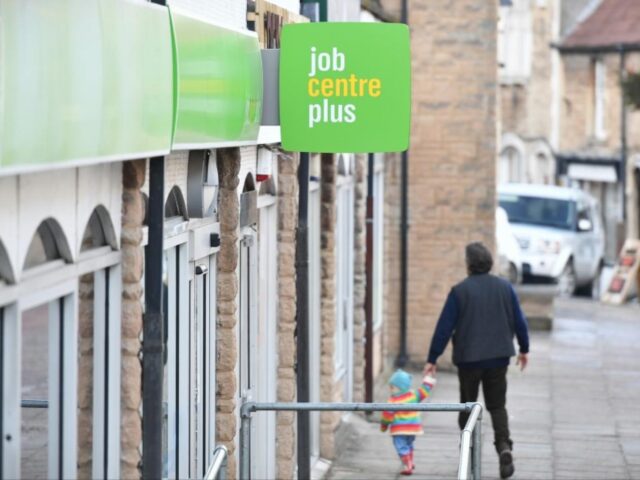Our latest case study sets out how independent think tank Bright Blue used Understanding Society data to show that almost half of long-term Universal Credit claimants fell behind on household bills during the Covid pandemic.
Bright Blue used data from our Covid-19 Survey, which began in April 2020, and from Wave 10 of our main survey, from 2018-19, allowing them to compare household finances before and during the pandemic. They examined objective measures of financial security such as debt levels and household bills, as well as subjective measures such as how difficult people found it to manage financially – and our data on life satisfaction.
The analysis showed that
- a significant minority of Universal Credit claimants reported not being up to date with household bills
- a significant minority of both new and existing households which were claiming UC said they were not up to date with rent or mortgage payments
- non-claimants reported better life satisfaction scores than new and existing UC claimants throughout the pandemic.
Researcher Anvar Sarygulov said “the financial situation for existing and new UC claimants has shifted, with some evidence for improvement as the pandemic progressed … [but] even with the Government increasing financial support provided through Universal Credit in March 2020, many claimants have continued to face significant financial difficulties.”
Covid 19Income and expenditure



